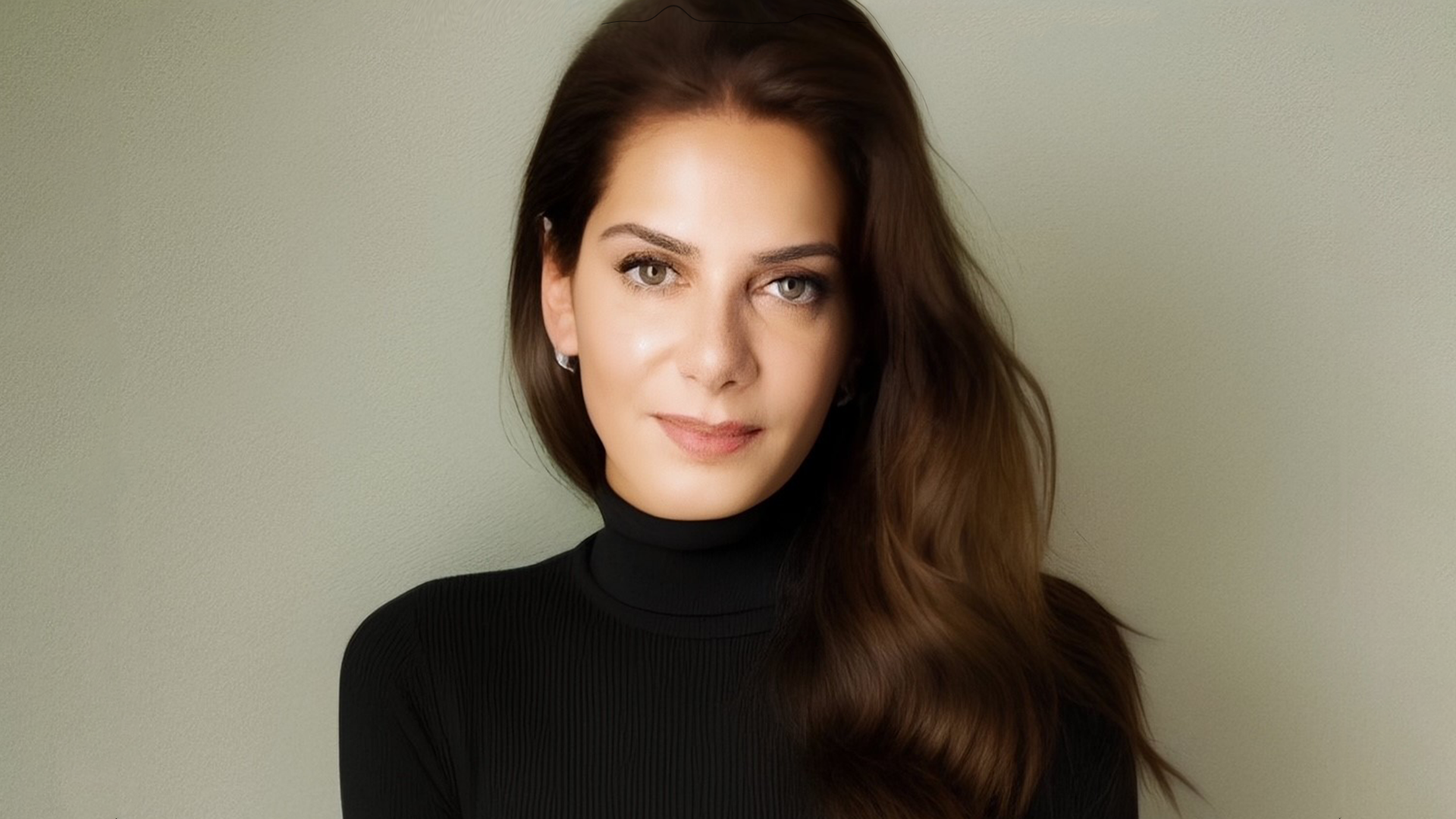Less than a year into her new role as chief executive of luxury stationery brand Moleskine, Daniela Riccardi talks to Luxury Society about the company’s plans to further develop its online community platforms to help drive its product innovation and customer experience.

In April, when Daniela Riccardi was scheduled to begin her new role as chief executive of Moleskine, the Italian stationery brand known for its chic understated black notebooks, little did she imagine it would be in the midst of a global pandemic that would bring the world to a standstill.
However, a lifetime of trying on many different hats; from training as a ballerina and then studying international relations and diplomacy, to working for companies like Procter & Gamble, denim brand Diesel and most recently Baccarat – the LVMH owned fine crystal company – for the past 35 years has meant that Riccardi was more than prepared to tackle any challenges came her way.
From working remotely in Paris to managing its store closures across the world, Riccardi’s first days were far from easy. Like many others, Riccardi dialled into video calls to speak to her new team whose families would appear on their screen, as the inevitable interruptions of daily life occurred, which Riccardi said gave her the opportunity not only to understand more about the company, but also more about her colleagues.
And with most of Europe in the midst of a second lockdown, the challenges of managing a brand that relies heavily on its physical sales remain, but Riccardi remains upbeat about its prospects. “I think this is part of doing business. To anticipate the change and sometimes create the change,” she told Luxury Society.
“You cannot run a business for three years or five years and not have change,” she continued. “ When I took on my new role, the first thing I tried to do is anticipate what is going to happen. Now that COVID has also created new trends or dynamics, we are trying to understand which ones we should leverage, which one we should be careful of and which ones can have an impact on our business, but I think that is what we are paid for.”
The past few years has seen the company embrace digital innovation, launching its own apps that help users manage their calendars, productivity and digital notebooks as well as Smart Writing System that enables users to write or draw on paper, whilst uploading their notes digitally through the use of a smart pen. It has also focused on expanding its offline experience too, opening a number of cafés in cities like Milan, Beijing and Geneva, where visitors can immerse themselves in the brand experience, sharing a coffee and food and browsing through its products to immerse themselves in the “world of Moleskine”.

Credit: Photo: Courtesy.
Part of Riccardi’s remit is to continue to drive its digital innovation, from encouraging its online community myMoleskine to grow and develop further, to increasing its presence in Asia and United States, through events and concept stores like its Moleskine Cafés.
“For me, my first priority is to continue the positive energy to the brand, inject the continuous evolution and modernity which has been part of our history, connecting to the new generation and to stay ahead of the game, and stay on the lead on all the innovations, whether it’s just paper or digital paper,” she added.
“This should give us a consistent profitable growth in the years to come,” she added. “You should see us more in the United States, more active in China, and by active, I mean more community events but also store openings and opening new concepts. It’s one of the ways we plan to stay in the lead.”
Moleskine, which posted revenues of 163.9 million euro in 2019 and operating profits of 18.6 million euro, plans to open around 40 new stores in the years to come, particular in China’s tier one cities to start with. “We should be doing between 50 and 60 retail spaces all over the world,” said Riccardi. “I do think there are going to be another 40 in the years to come, particularly in China because we are still tiny and the Chinese market is essentially retail and e-commerce. So, for sure, we will need to do more there.”
Riccardi believes that one of the advantages that Moleskine has is that while its products are considered luxurious, it is not an exclusive brand. “Moleskine has never wanted to be exclusive, and initially it was designed for a new generation of artists, of creatives in general… We have artists, designers, writers and journalists, but we also have lawyers and bankers and all types of people.”
It is this sense of connection and community amongst its numerous fans that Riccardi believes will help drive the brand forward in the long term. “Moleskine started truly as a cultural project. I think with a DNA that is quite different than the DNA of many other brands, that are commercial products, of quality, beautiful, elegant, luxurious or whatever you want, but not many brands in fact, were born as a cultural product. And they became a global phenomenon,” she said of the company’s motto: It is not just a notebook, it is the book yet to be written.
“We do have our own communities. But then there are also spontaneous communities,” she said, noting its success of #ourjournal on viral platform TikTok, where a large fanbase of the brand has gained traction.
“We observe, we learn or we try to,” said Riccardi. “We are now working to create a connected network of all these ecosystems where all the communities can be connected and nurture themselves and nurture us, because I also think it’s being part of this community that we will learn a lot about what we think about our future, what we think about innovation, we think about specific products, specifically limited edition and specific concepts can be relevant to these communities.”
While the company’s direct e-commerce represents a small amount of its sales, around 5 to 6 percent, combined with its partnerships it amounts to more than 10 percent. “We see it growing at a much faster rate than before,” said Riccardi. “A few years ago, it was difficult to imagine 10 percent. It was kind of a challenge. But now I think everybody is looking and probably we should expect 20 percent of our business should be done by e-commerce in the years to come.”
Looking forward, Riccardi believes it will be a mix of both its physical and online channels that will drive the business forward. “I think people want an experience in retail, otherwise they would buy online, if it’s exactly the same experience, why would you get out of your chair and your home, and buy something?”
“People expect a different experience and I am working with the team to see how we can broaden this experience in the future. But you know, a part of it might be, a better experience or understanding of how all of Moleskine’s digital ecosystem works or showing you how to get the most out of your hands on paper and all the digital applications that we can have. But I think it goes beyond that.
“For me, I’m imagining a better way to share the world of Moleskine, to share publishing, to share the world that we have with artists, to show them how to belong to the communities, how to interact with the communities. I believe that is far more interesting than just to see technological devices. The gimmicky is always dangerous. It needs to be meaningful for the brand and part of it, is also for us. But I think there is also much more to discover, which can be very rich for our clients.
“To stay in the lead, we need to stay ahead of others, and this is part of our mission in the years to come,” she added. “It’s to cultivate the resilience of the brand. That’s the receipt for longevity.”










